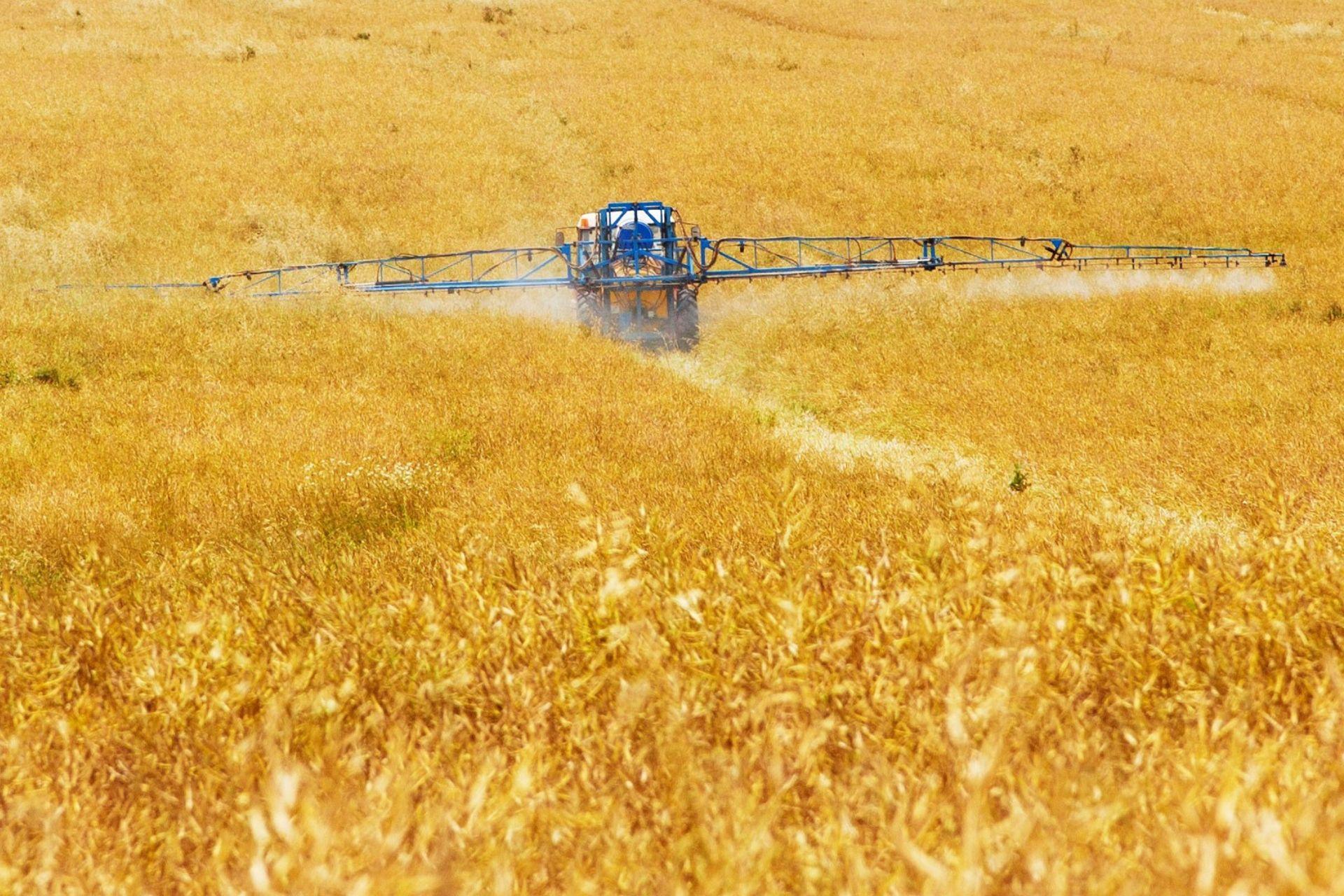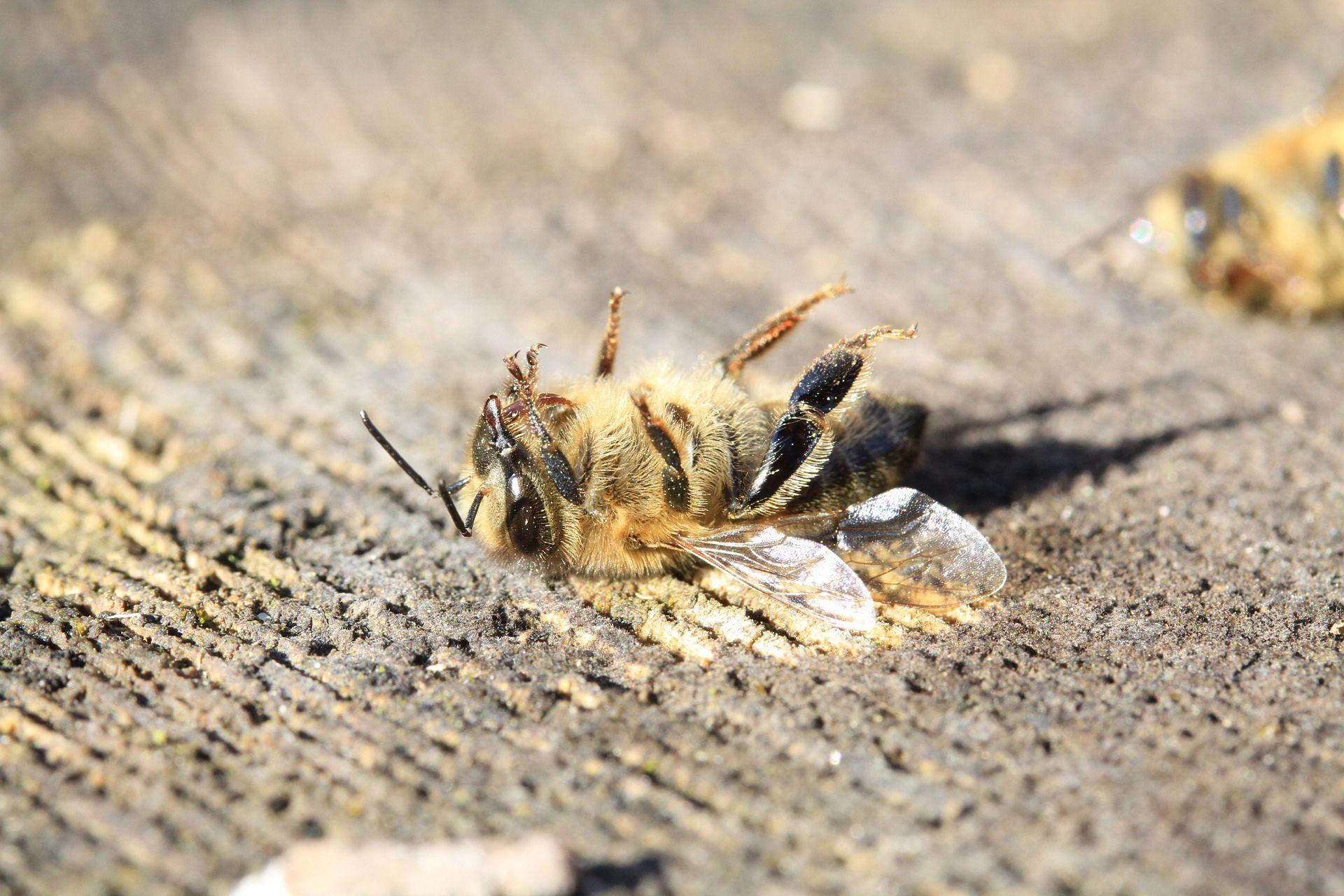
Agricultural Pollution: causes, impacts, solution
The presence of pollutants in agriculture is a worldwide issue. Despite multiple analyses and surveys showing its actual presence, to this day many people still struggle to recognize and accept this stark reality. Agricultural pollution is there, but we do not see it...or rather, we suffer its consequences indirectly.
Problems such as soil fatigue, decline in agricultural productivity or uncontrolled increases in plant diseases are not perceived at all as consequences of environmental imbalance due to pollution, but rather as the agronomic adversities that normally plague the agricultural sector. It is, therefore, a lack of knowledge between proliferation of plant diseases and agricultural pollution.
Definition and causes
Agricultural pollution is produced by the set of unsustainable agricultural practices enacted since the advent of the Industrial Revolution and intensified after World War II with the boom in agricultural productivity, especially the massive use of pesticides and chemical fertilizers. Additional sources of pollution for agriculture are also greenhouse gas emissions from livestock and all those produced indirectly (e.g., pollutants from industrial sources, traffic, heating, etc.).
In this article we will focus on the use of inputs in agriculture, highlighting their negative effects that affect the environment, biodiversity and human health.
Environmental impacts: correlation between agriculture and climate change
The agricultural sector has a strong impact on the environment despite being a less polluting sector than the industrial one. Have you ever wondered how many pesticides accumulate in agricultural fields globally? According to FAO data, "Globally, 4.6 million tons of chemical pesticides are sprayed into the environment every year." Also, again "Globally, about 115 million tons of nitrogen-based fertilizers are spread each year. About 20 percent of these inputs end up accumulating in soil and biomass, while 35 percent end up in the oceans." However, such data may be underestimated.
In a nutshell:
- every year, the soil becomes loaded with substances that it cannot dispose of;
- every year, sprayed chemicals are airborne, polluting the air;
- every year, tons of pesticides contaminate groundwater, causing water eutrophication;

This path taken for years unknowingly leads to human self-destruction. We poison the environment and political leaders allow us to do so. The agricultural practices we implement are conducive to extreme climatic events, but the Institutions silently favor their continuation, without acting through concrete depollution action (perfectly feasible thanks to the Italian Discovery of Researcher Alessandro Mendini).
Human health impacts
Farmers are routinely exposed to various harmful substances contained in plant protection products. This exposure occurs mainly during the preparation and application of pesticide spraying solutions and finally during the cleaning of spraying equipment, despite protective equipment.
As for consumers, the effects of agricultural pollution are equally harmful. Each of us constantly eats agricultural products grown in soils exposed to direct and indirect pollution. We contribute a myriad of toxic substances to our bodies that cause chronic and increasingly frequent diseases even at a young age. But that is not all. For example, as shown in a recent study, pesticide residues have even been detected in playgrounds and schoolyards.
Biodiversity impacts
Other pressures on the environment include the persistent use of chemicals that cause the alteration and destruction of habitats and ecosystems, leading to a real decline in biodiversity.
These real "ecosystem aggression" result in the loss of vital functions concerning:
- climate regulation;
- the purity of air and water;
- soil fertility;

Solution to agricultural pollution
There are many industry insiders who ask what can be done to reduce pollution in agriculture, but as we all know, organic farming is not enough nowadays. In fact, many organically farmed soils even contain old DDT residues, as also reported in FederBio's April 2022 Italian study: although DDT was banned back in 1978, 44 years later we still find it in the soil.
Since nowadays it is impossible NOT to pollute, farms can use BIOAKSXTER® M31 Agriculture formulation to de-pollute agricultural soils and thus carry out a true soil remediation:
- abatement of chemical residues from soil, plant, fruit;
- soil and crop restoration and regeneration;
- rebalancing of the soil-plant system.
In this way, all farms (conventional, integrated, or organic) without having to change intervention plan or agronomic techniques can secure the health of the ecosystem and people.

